Ensuring the Durability of Garden Egg Chairs for Outdoor Use
 Nov 07,2024
Nov 07,2024

 Topmax Furniture
Topmax Furniture
Aluminum Garden Egg Chairs
Wood Garden Egg Chairs
Resin Wicker Garden Egg Chairs
Choosing the Right Material for Your Climate
Maintenance Tips for Different Materials
Garden egg chairs have become a staple in outdoor living spaces, offering a cozy and stylish spot to unwind. Whether you're lounging in your backyard, enjoying a morning coffee on your patio, or hosting a gathering with friends, a garden egg chair adds both comfort and charm to your outdoor area. However, to ensure these chairs remain a cherished part of your outdoor decor for years to come, it's crucial to consider their durability. We will delve into the various materials used in garden egg chairs, the pros and cons of each, and how to choose the right material for your specific climate conditions. By understanding these factors, you can guarantee the long-term usability and aesthetic appeal of your garden egg chair.
Aluminum Garden Egg Chairs
Advantages
Weather Resistance
Aluminum alloy is highly resistant to various weather conditions. It doesn't rust, which is a significant advantage in outdoor settings, especially in areas with high humidity or frequent rain. This resistance to corrosion ensures that the structure of the garden egg chair remains intact even after years of exposure to moisture in the air.

Strength and Lightweight
Aluminum alloy is known for its strength - to - weight ratio. The chairs made from this material are sturdy enough to support the weight of users comfortably while being lightweight. This makes them easy to move around the outdoor space, allowing for flexibility in arranging your seating area. For example, you can easily shift the chair to a sunny or shaded spot depending on your preference.
Low Maintenance
These chairs require minimal maintenance. A simple wipe - down with a damp cloth from time to time is usually sufficient to keep them looking clean. There's no need for special treatments or coatings to protect against the elements, saving you both time and money in the long run.
Disadvantages
Heat Conductivity
One drawback of aluminum alloy is its high heat conductivity. On hot, sunny days, the chair can become quite warm, which may be uncomfortable for users. However, this can be mitigated by using cushions or covers to provide some insulation between the user and the chair surface.
Aesthetics Over Time
While aluminum alloy is durable, it may lose some of its aesthetic appeal over time. The surface may develop scratches or small dents, especially with rough handling or in high - traffic outdoor areas. However, these marks usually don't affect the functionality of the chair.
Ideal Climate Conditions
Aluminum alloy garden egg chairs are well - suited for a wide range of climates. They are particularly excellent in coastal areas where the air is salty and humid, as they are resistant to corrosion caused by saltwater. In regions with hot and dry climates, despite the heat - conducting issue, they can still be a good option due to their durability against the intense sun and low humidity levels.
Wood Garden Egg Chairs
Advantages
Natural Aesthetics
Wooden garden egg chairs offer a warm and natural look that can enhance the beauty of any outdoor environment. Different types of wood, such as teak, cedar, or acacia, have their unique grain patterns and colors, adding a touch of elegance and charm. These chairs can blend seamlessly with natural surroundings like gardens filled with plants and flowers.
Comfort
Wood has a certain natural comfort factor. It doesn't get as hot as some metal materials in the sun, providing a more pleasant seating experience during warm days. Additionally, the texture of the wood can be soothing to the touch.
Durability of Quality Woods
Certain high - quality hardwoods are naturally durable. Teak, for instance, contains natural oils that make it resistant to rot, decay, and insects. This inherent durability means that with proper care, a teak garden egg chair can last for many years outdoors.
Disadvantages
Susceptibility to Weathering
Wood is more vulnerable to the elements compared to some other materials. Prolonged exposure to rain, snow, and sunlight can cause the wood to warp, crack, or fade. In areas with high humidity, there's also a risk of mold and mildew growth if the wood isn't properly treated.
Maintenance Requirements
To maintain the durability of wooden garden egg chairs, regular maintenance is essential. This may include applying protective finishes such as varnishes, stains, or sealants. These treatments need to be reapplied periodically to keep the wood protected, which can be time - consuming and may require some expertise.
Weight
Wooden chairs are generally heavier than those made from aluminum alloy. This can make them more difficult to move around, especially if you like to rearrange your outdoor furniture frequently.
Ideal Climate Conditions
Wooden garden egg chairs are best suited for areas with relatively stable and moderate climates. In regions with mild temperatures, low humidity, and not excessive rainfall, the risk of weather - related damage to the wood is reduced. However, with proper maintenance, they can also be used in more challenging climates. For example, in areas with high humidity, choosing a rot - resistant wood like teak and ensuring regular application of protective coatings can help extend the chair's lifespan.
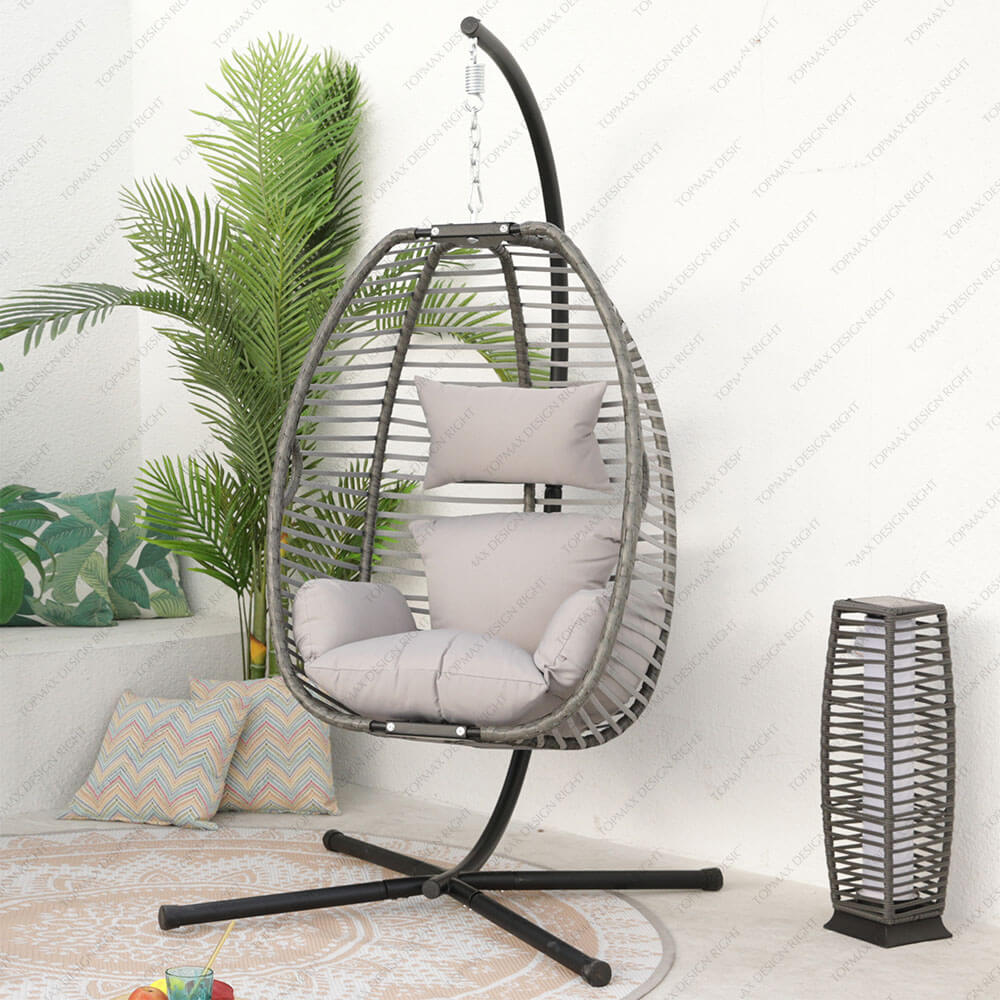
Resin Wicker Garden Egg Chairs
Advantages
Weather Resistance and Durability
Resin wicker is designed to withstand the elements, making it an excellent choice for outdoor use. It doesn't rot, warp, or fade easily. The synthetic nature of the resin ensures that it doesn't rot or decay like natural materials. This makes resin wicker garden egg chairs a durable option for long - term outdoor use.
Lightweight and Comfortable
Resin wicker chairs are often paired with aluminum or steel frames, resulting in a lightweight yet sturdy construction. The flexibility of the resin wicker strands allows the chair to conform slightly to the body, adding to the comfort. This makes resin wicker garden egg chairs a durable option for long - term outdoor use.
Disadvantages
Strength Limitation
While resin - woven chairs are durable in terms of weather resistance, they may have limitations in terms of strength compared to metal or some hardwoods. Excessive weight or rough use can cause the woven strands to break or come loose over time.
Cleaning Challenges
Dirt and debris can accumulate in the woven areas of the chair, making cleaning a bit more challenging. It may require more effort to thoroughly clean these chairs compared to smooth - surfaced materials like aluminum alloy. Using a vacuum cleaner with a soft - bristle attachment or gently scrubbing with a mild detergent and a soft brush may be necessary.
Ideal Climate Conditions
Resin wicker garden egg chairs are highly versatile and can be used in a wide range of climates. They are particularly suitable for areas with high sun exposure, as they are fade - resistant. In humid climates, their resistance to moisture makes them a good choice. However, in areas with very high winds, it's important to ensure that the chairs are properly secured, as their lightweight nature can make them more prone to being blown around.
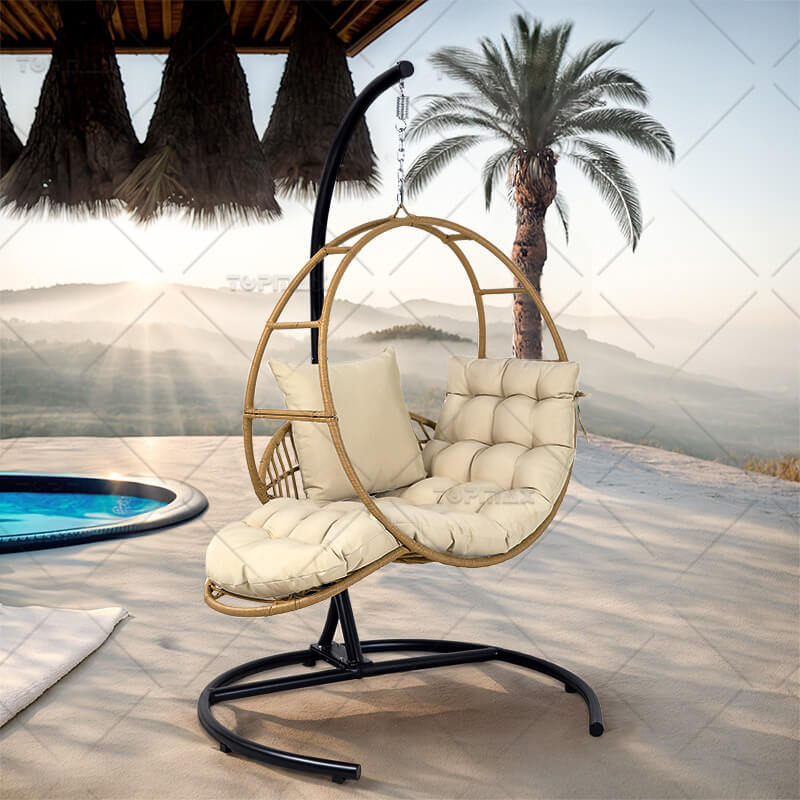
Choosing the Right Material for Your Climate
When selecting a garden egg chair for your outdoor space, it's essential to consider your local climate. Different materials perform better in specific weather conditions, so choosing wisely can extend the lifespan of your chair and ensure it remains a pleasure to use.
Humid Climates
In humid environments, aluminum alloy and resin - woven garden egg chairs are excellent options. Aluminum chairs won't rust or corrode, and they're easy to clean and maintain. Resin wicker chairs, on the other hand, won't rot or warp, and they offer a comfortable, breathable seat.
Avoid wood garden egg chairs in wet climates, as they're prone to rotting, splitting, and warping. While you can apply protective treatments to wood, the constant exposure to water and humidity will eventually take its toll.
Sunny and Hot Climates
In sunny climates with high temperatures and intense UV rays, resin wicker and aluminum alloy are again excellent choices. Resin wicker chairs won't fade or warp, and they provide a comfortable seat that's breathable and lightweight. Aluminum alloy chairs are rust-resistant and can be easily wiped down to remove dust and debris.
While wood garden egg chairs can be used in sunny climates, they require more maintenance and protection. You'll need to apply a UV-blocking sealant regularly to prevent fading and cracking. Additionally, wood can retain heat, making it uncomfortable to sit in during the hottest parts of the day.
Coastal Climates
In coastal areas where the air is salty and there's a high risk of corrosion from saltwater, aluminum alloy garden egg chairs are the top choice. Their resistance to rust and corrosion makes them ideal for withstanding the harsh coastal environment. Resin - woven chairs can also be a good option as long as they are cleaned regularly to remove any salt deposits that may accumulate on the surface. Wooden chairs in coastal climates require extra protection, such as special marine - grade finishes, to prevent damage from the salt air.
Moderate Climates
If you live in an area with moderate weather conditions, you have more flexibility in choosing your garden egg chair material. Aluminum alloy, wood, and resin wicker are all viable options. Consider your personal preferences and styling goals when making your decision.
In moderate climates, wood garden egg chairs can be a beautiful addition to your outdoor space. They offer a natural charm and warmth that's hard to replicate with other materials. Just remember to apply protective treatments regularly to prevent weathering and pests.
Maintenance Tips for Different Materials
Regular cleaning is essential for maintaining the appearance and functionality of your garden egg chair. Depending on the material, you'll need to use different cleaning methods.
For Aluminum Garden Egg Chairs, Wipe down the chair with a damp cloth and mild detergent. Avoid using abrasive cleaners or scrubbing too hard, as this can scratch the surface.
For Wood Garden Egg Chairs, protective treatments are crucial. Apply a weather-resistant sealant or stain regularly to prevent rotting, splitting, and fading. Look for products specifically formulated for outdoor wood furniture.
For Resin Wicker Garden Egg Chairs, use a mild soap and water solution to clean the chair. Avoid using harsh chemicals or abrasive scrubbers, as this can damage the woven texture.
Ensuring the durability of garden egg chairs for outdoor use requires careful consideration of the material based on your specific climate conditions and regular maintenance. By understanding the advantages and disadvantages of different materials and following the appropriate maintenance tips, you can enjoy your garden egg chair for many years, adding comfort and style to your outdoor living space.
 Inquire Now
Inquire Now



 Home
Home How to Create the Outdoor Lounge Area with Garden Swing Chair
How to Create the Outdoor Lounge Area with Garden Swing Chair  You May Also Like
You May Also Like 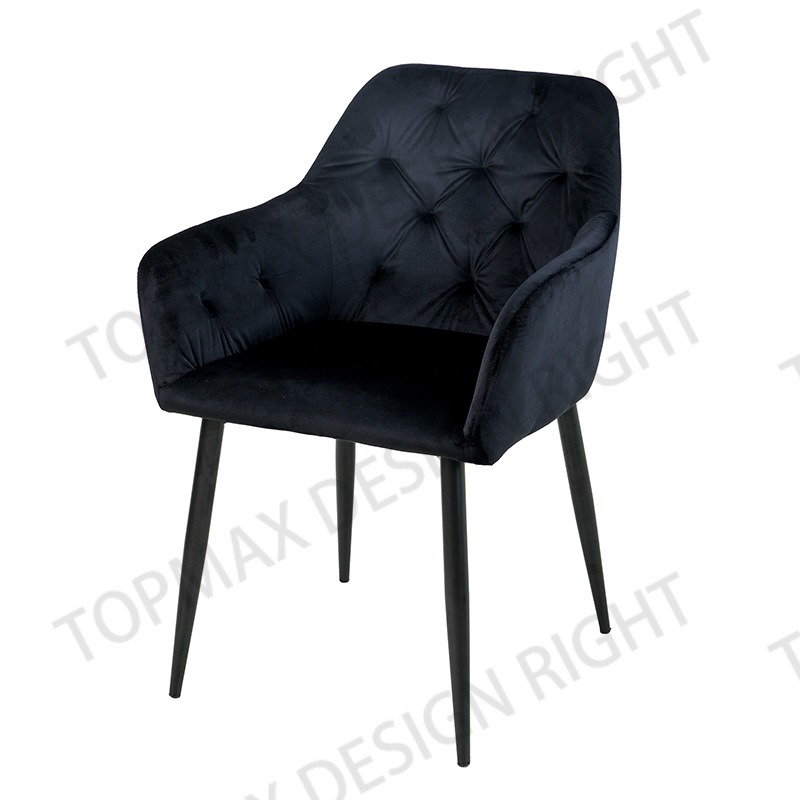

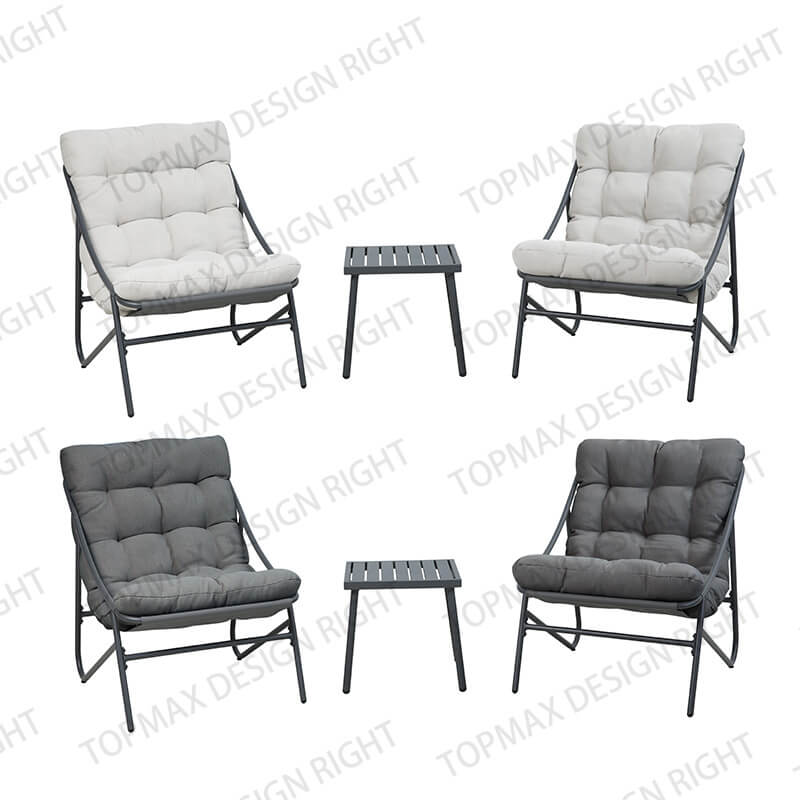
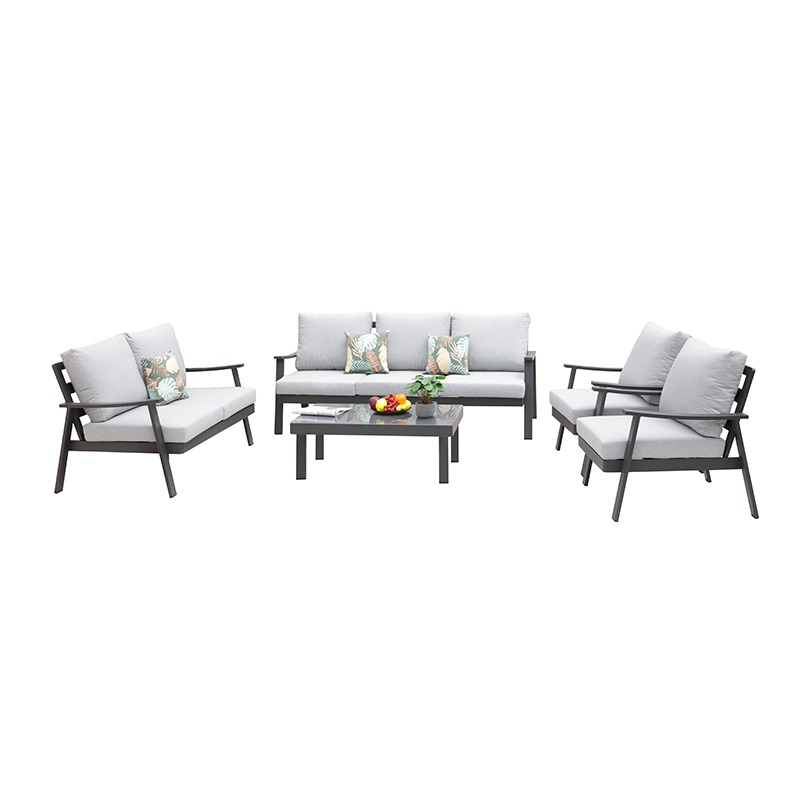

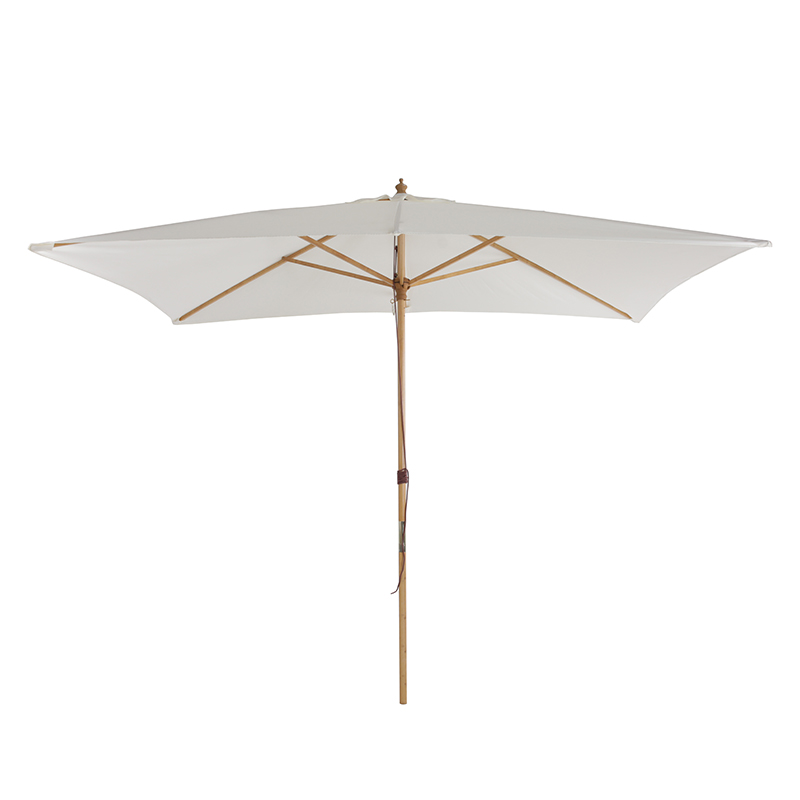
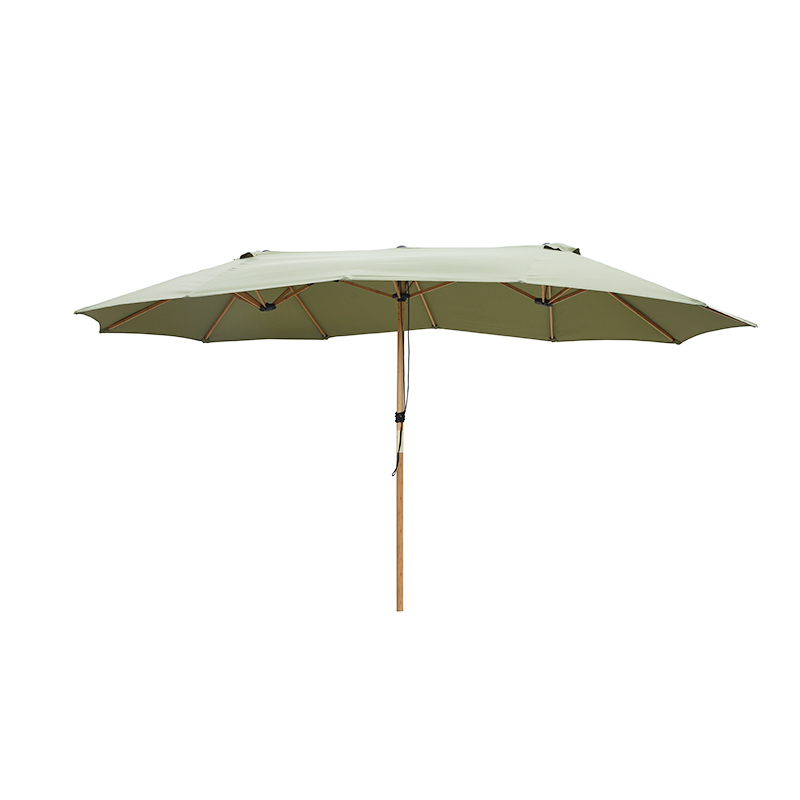
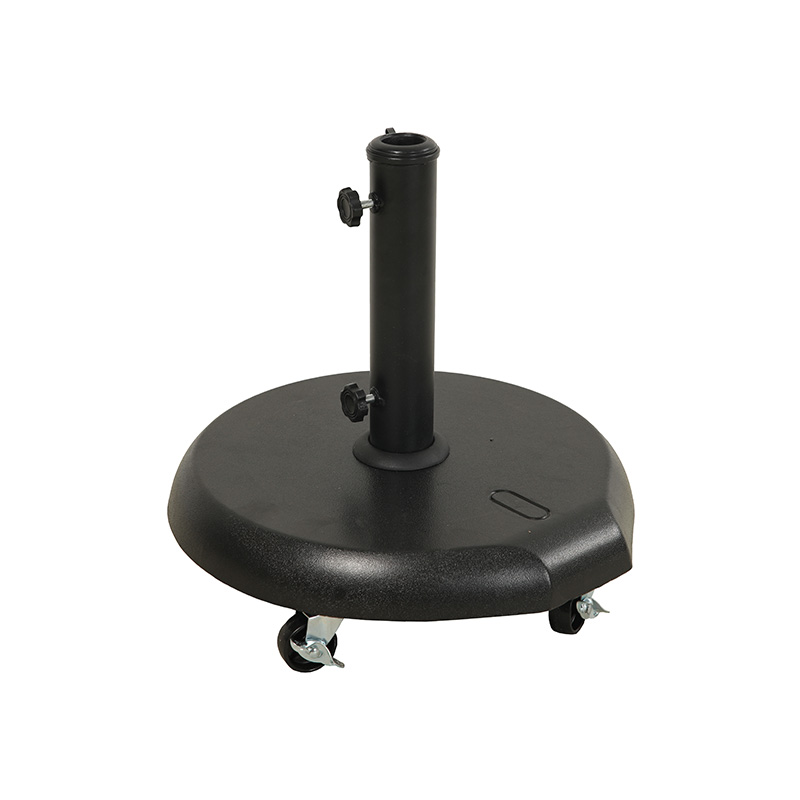
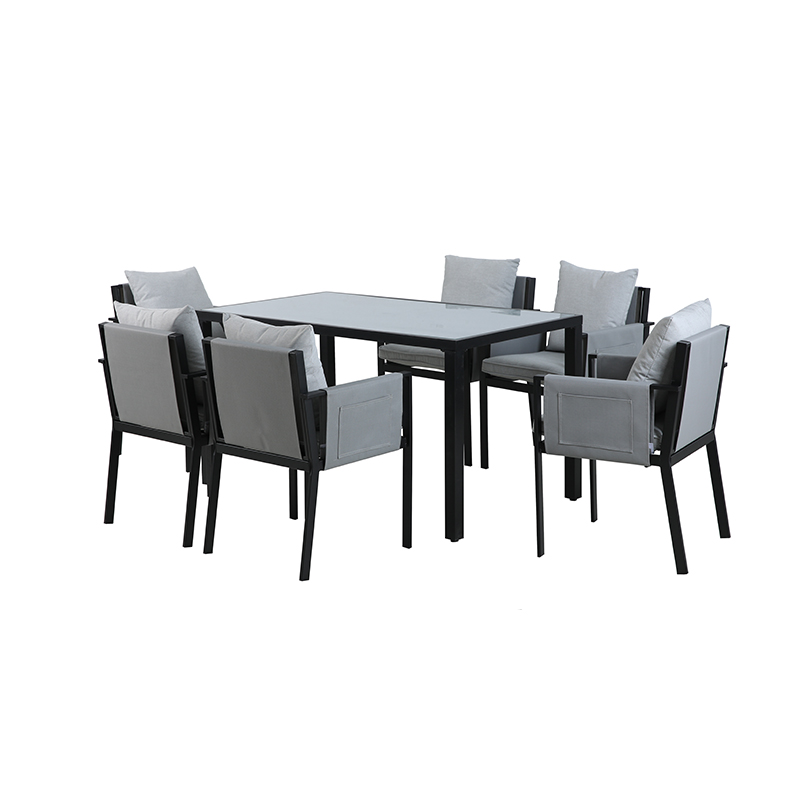
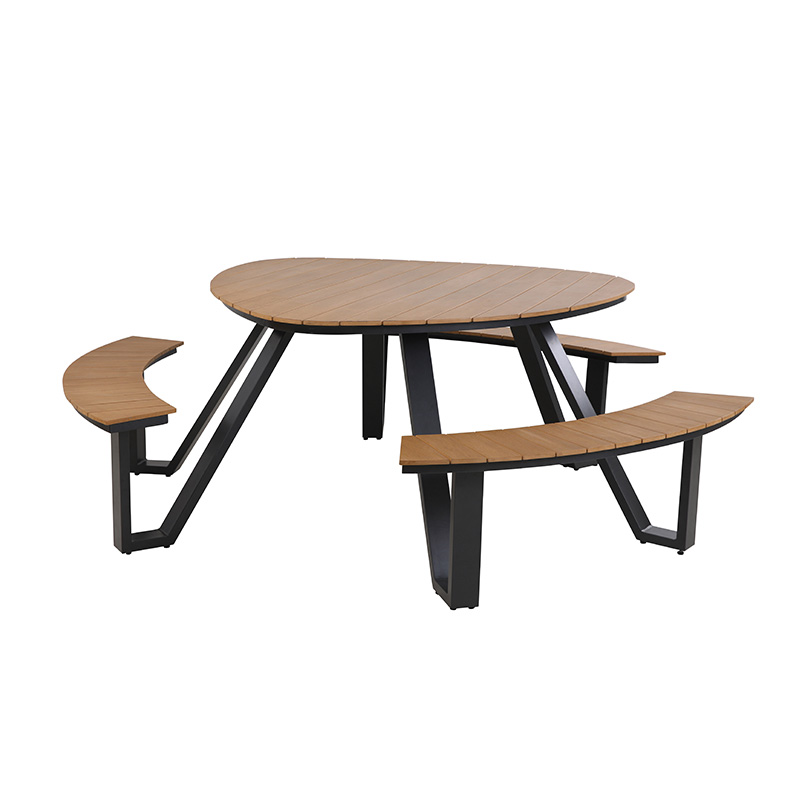
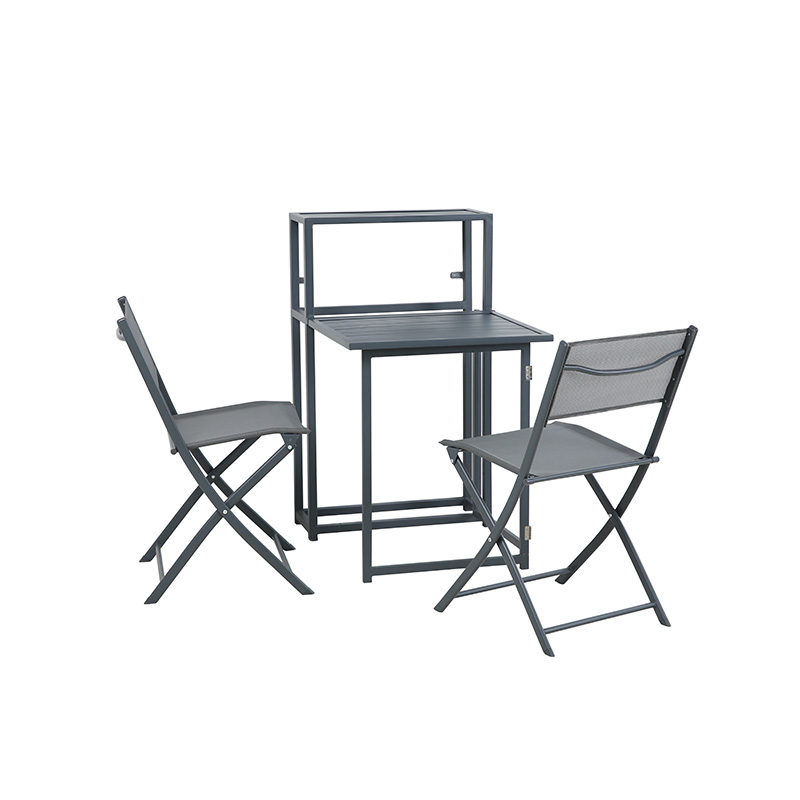
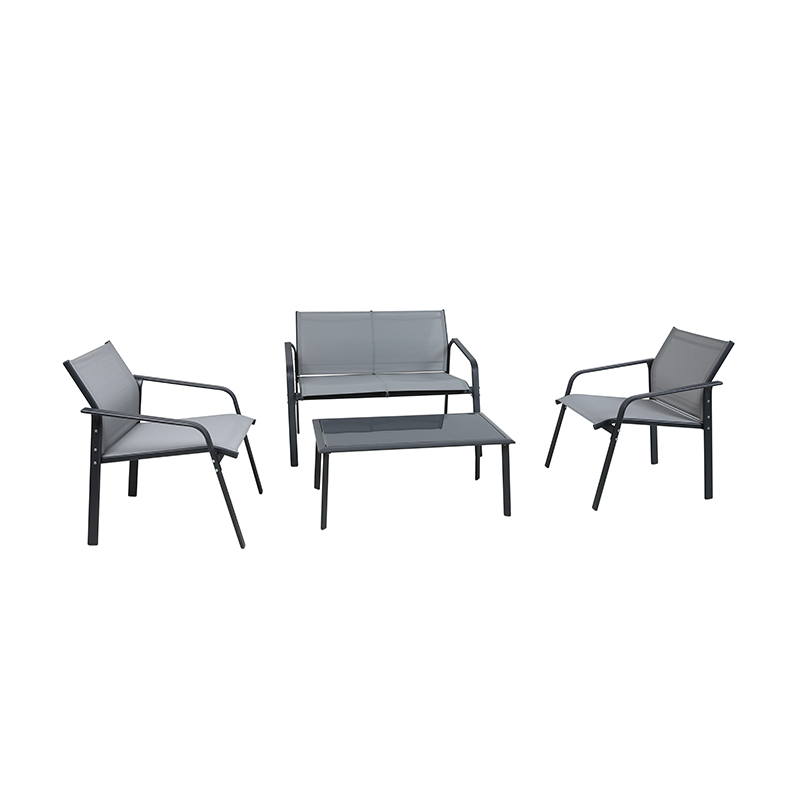
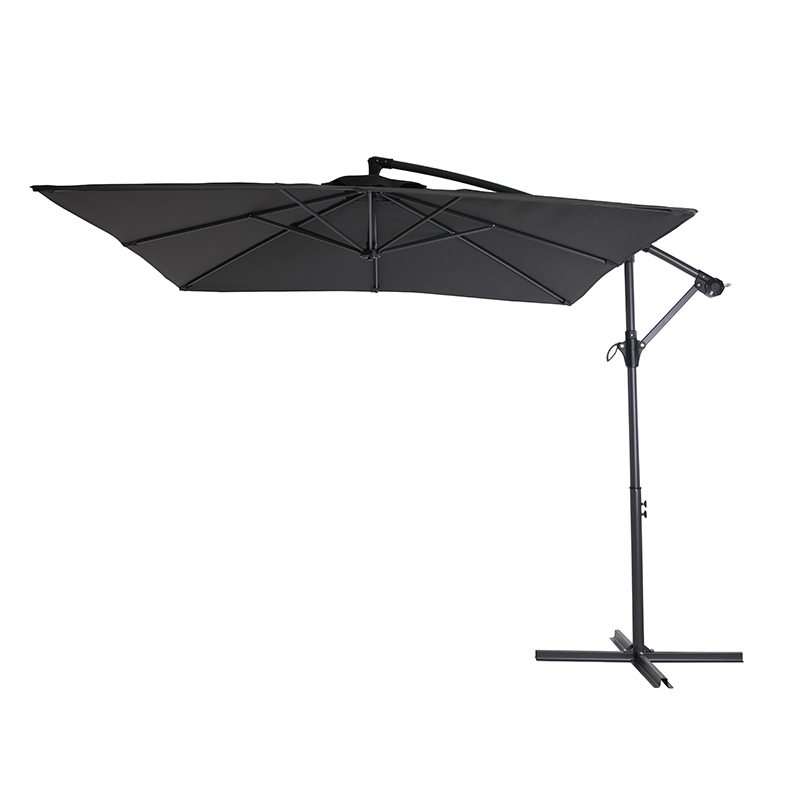
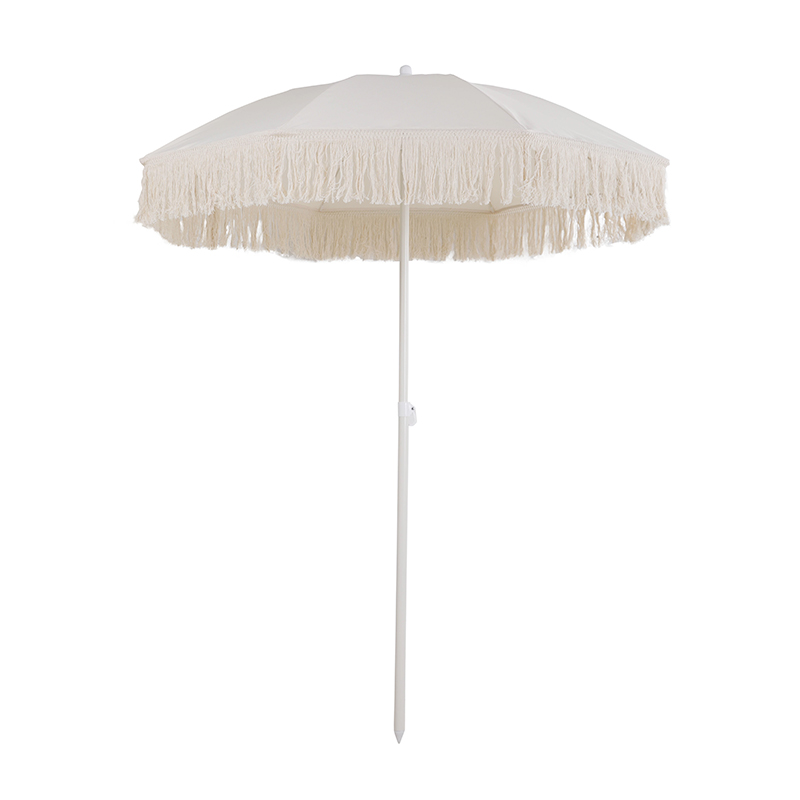
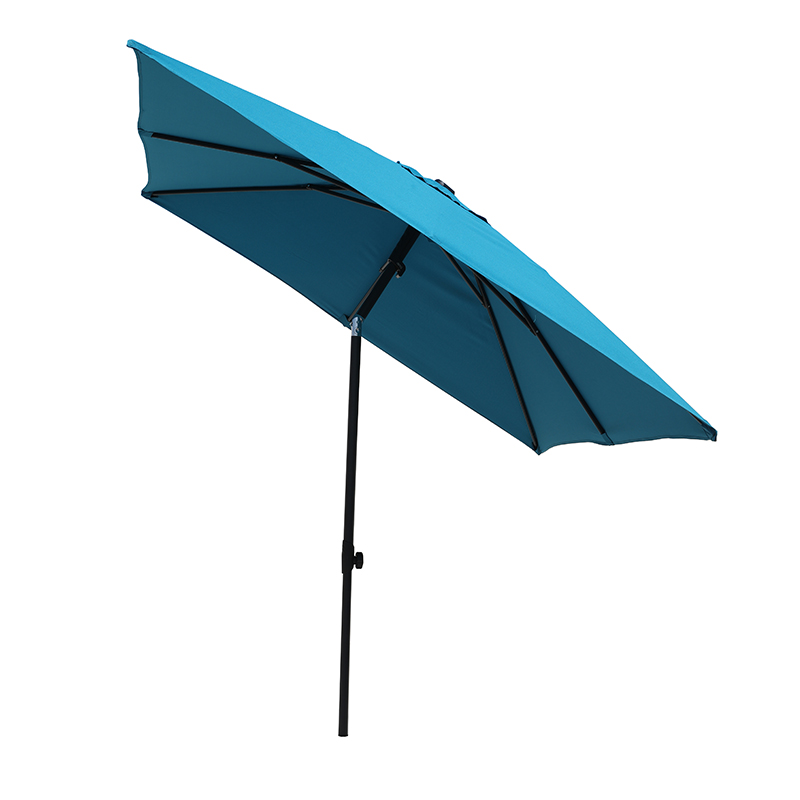
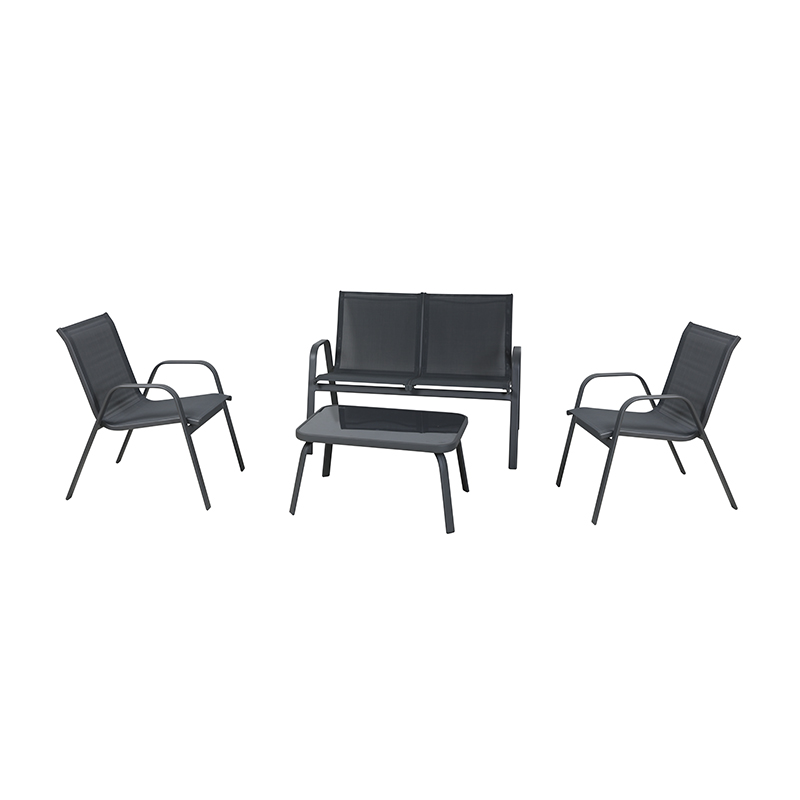
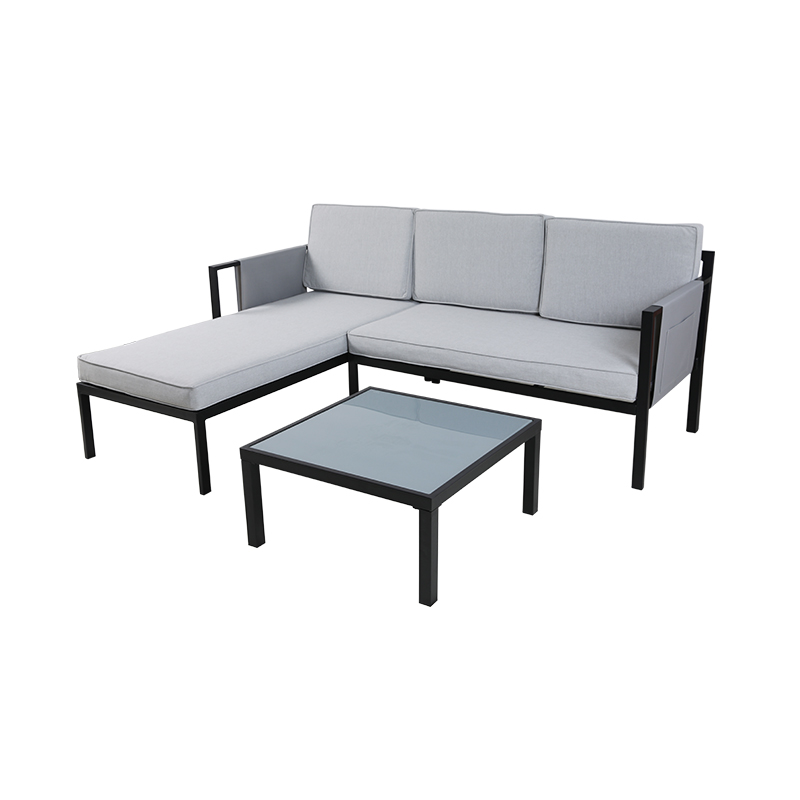
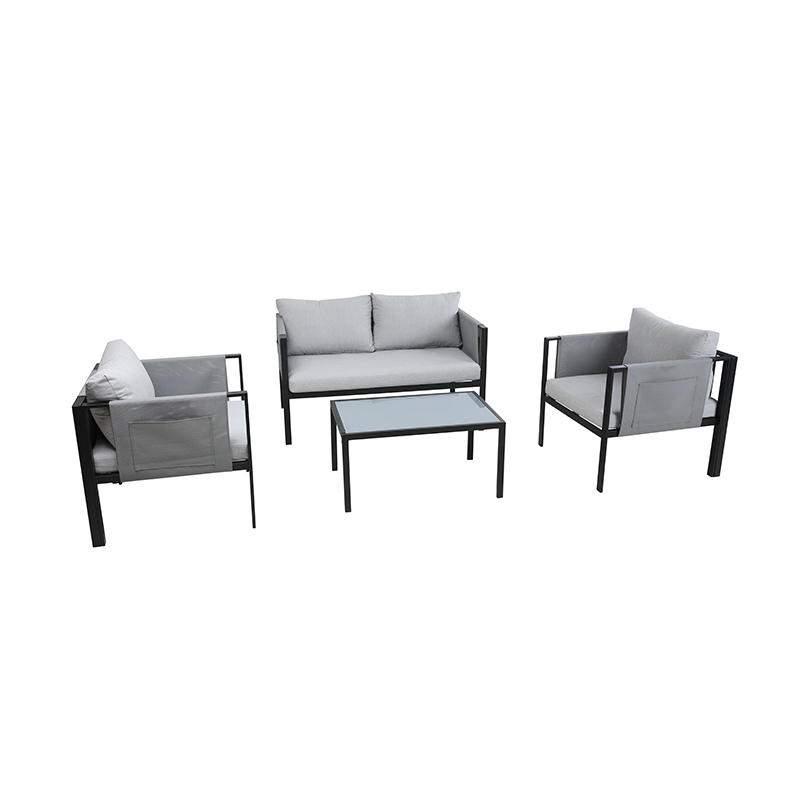

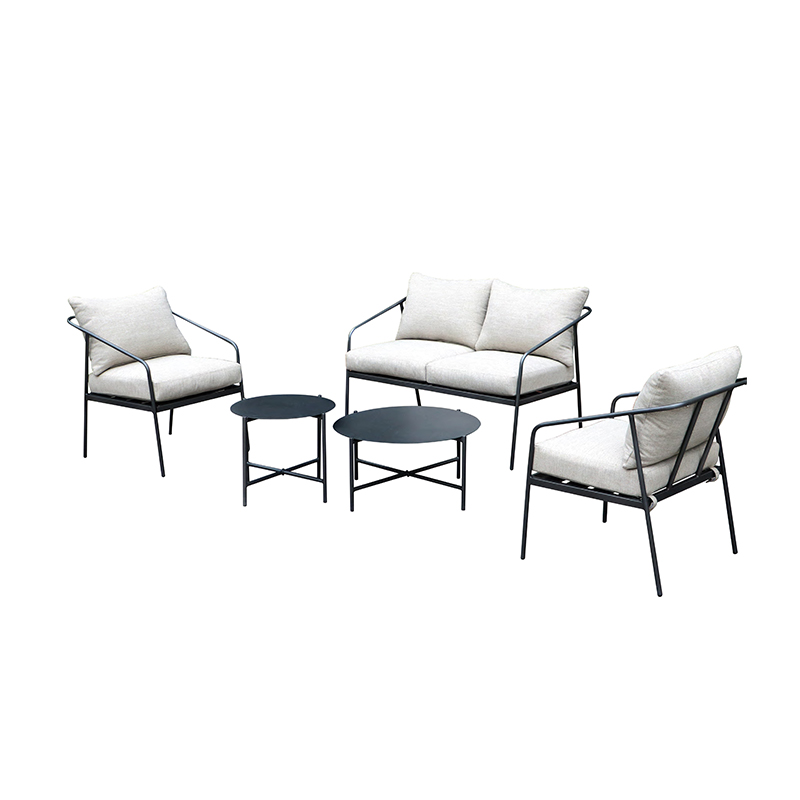
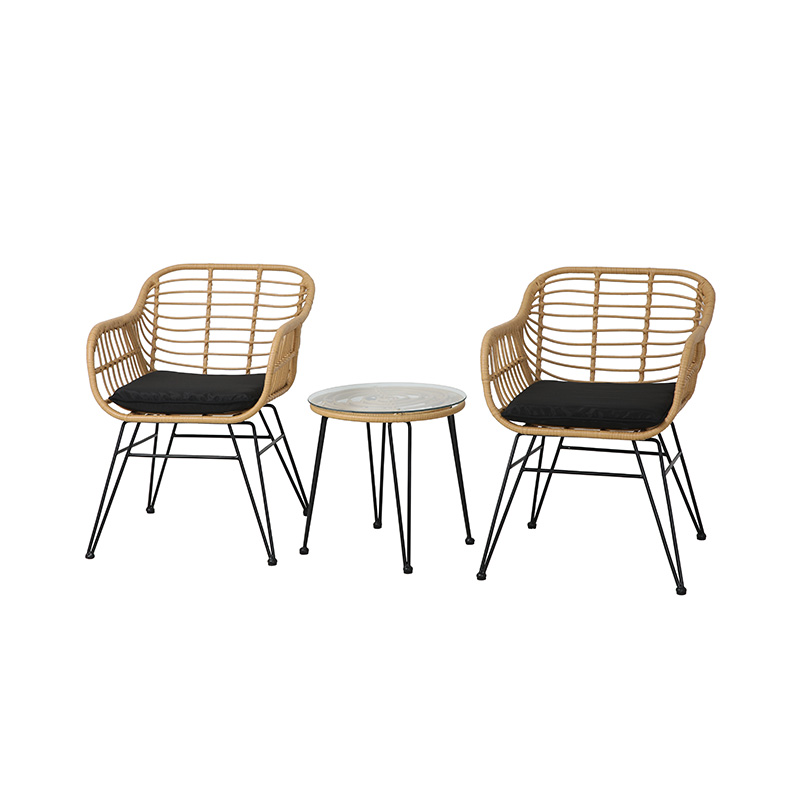

 Tel
Tel  Email
Email  ADDRESS
ADDRESS 














